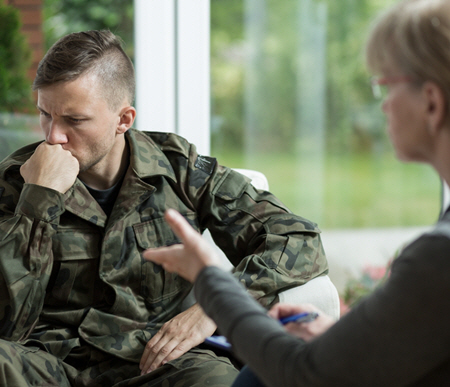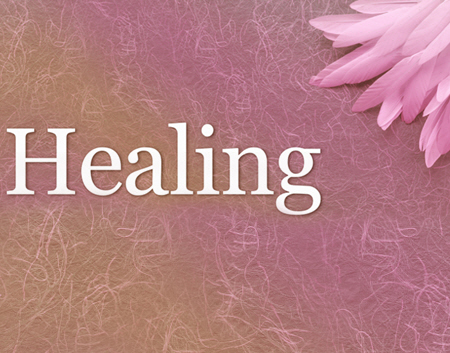 What happens when the shooting stops?
What happens when the shooting stops?
That may sound striking – but when you’re out of harm’s way, the sounds remain in your memory.
Being with your intrusive thoughts is overwhelming.
The adrenaline is still running, and you’re not feeling anything… numb to life.
In theory, it all seemed so good, so right.
You went into this with positive thoughts –
“I want to serve my country.” “There are great benefits.” “Maybe I can retire early and be set for life.”
Once you served, you thought, you could come home and make a fresh start.
 In reality, you got more than you had bargained.
In reality, you got more than you had bargained.
You’re at home, but you’re still at war.
Every day, you battle relentless rage, guilt, shame, and embarrassment.
Every night, gnawing memories and nightmares rob your sleep.
People say you’ve changed.
They face the brunt of your anger and irritability. They helplessly watch as you make risky decisions.
They mourn your crumbling relationships.
And you’ve become your own worst enemy.
You can’t seem to clear your mind and move beyond the past.
You wear down your self-esteem with negative, judgmental self-talk:
“If I were a real soldier, I wouldn’t be having such difficulty.” “Why can’t I get past this? I’m such a failure.” “I’m never going to fit back into society.”
 It’s difficult to “go home again.”
It’s difficult to “go home again.”
In coming home, you’ve realized that it’s tough to navigate back into your community when for the past numerous/many years, you’ve woken up each day with only one thing on your mind – your literal survival.
Decisions like what’s for dinner or when to take a shower to seem so trivial compared to the life you’ve lived.
Other people just don’t get it. If they did, they wouldn’t expect you to snap your fingers and miraculously resume your life just as it was before you entered the military.
You didn’t receive training for this.
During your time in service, you’ve cultivated an attitude of strength and resilience – two excellent characteristics in most circumstances.
Yet, they can take over and cloud your judgment – impair your ability to recognize when you really need help. As a result, you might be telling yourself, “I’ve got this” or “I can handle this on my own.”
But what you’ve experienced is trauma – you’re responding to profoundly distressing and disturbing events that can overwhelm your ability to cope, connect, and feel alive in the world.
 And you don’t need to face it alone.
And you don’t need to face it alone.
It’s time to call for backup.
When working with me, we, yes, WE will collaborate to create the best plan to put you on a path of healing.
You may have words to say, or you may not, and that’s OK.
Therapy doesn’t have to be all about talk – in fact, when processing trauma, it’s important to bring the body into the healing process because trauma actually resides in your body – not in the event itself.
What does “bringing the body” into the healing process mean?
That jumpy feeling when in public or at the sound of Fourth of July fireworks. That’s the system to settle – creating the message, “At this moment, I am safe.”
Bringing the body into healing allows the nervous system to “rewire,” so to speak, and do just that.
It could involve numerous strategies: grounding techniques, meditation, movement, trauma-sensitive yoga, to name a few.
Maybe you can’t “go home again,” but you can go forward.
If you’re tired of fighting the losing battle of trying to get back to where you were before, maybe it’s time to move in a new direction.
Maybe it’s time to aim for something different, to regain your sense of equilibrium and control, to find peace.
If this resonates with you, reach out to me at (413) 519-2098 for your free 30-minute consultation.
THIS could be your first step toward creating a new – even better – life.
